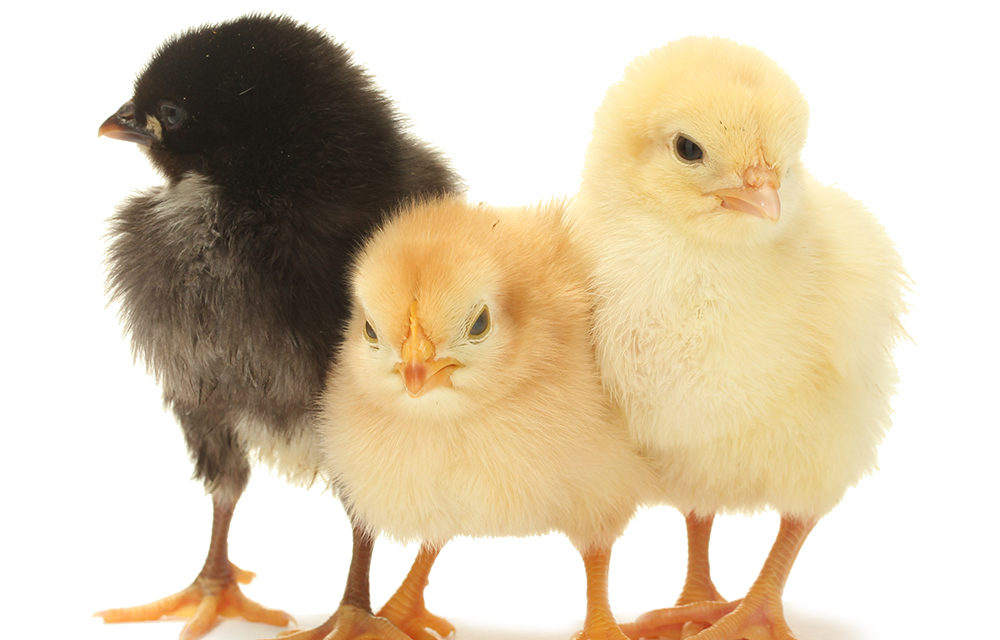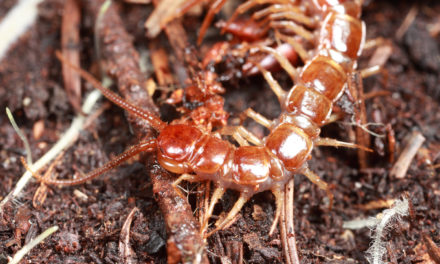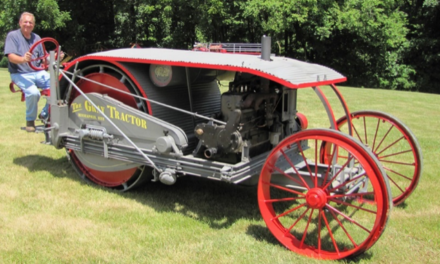New chicks are very dependent on you and require special care. Daily maintenance is crucial. Here are some guidelines for raising healthy chicks.
- Make sure your brooder is in a safe place away from potential predators.
- Be sure to check the temperature of the brooder. New chicks should be kept at 95-100 degrees for the first week. Every week thereafter reduce the temperature by 5 degrees until you reach 65 degrees.
- Fresh water is essential. Make sure to allow free access to water at all times.
- Provide Horizon Acres Broiler Life Cycle Blend for the first 6 weeks and Horizon Acres Chick Starter for the next 6 weeks. (Chicks raised for meat can be fed Horizon Acres Broiler Life Cycle Blend from hatch to harvest.) Do NOT let your feeder go empty.
- Keep your brooder clean.
What to Consider Before Purchasing Chickens
Not only is raising chickens a major responsibility, there are also other factors to consider that are dependent on your goals and location.
- Make sure to find out if there are restrictions regarding poultry in your area not only in your county, but your neighborhood/subdivision.
- Consider your goals. Do you intend to raise chickens for meat, eggs, pets, showing or breeding? There are many chicken breeds: meat producers, egg producers, dual purpose (meat & eggs) and ornamentals.
- Your geographical area. Some chicken breeds are more heat or cold tolerant.

New Chick Checklist
This checklist is designed to help the new poultry owner.
- FEED: Make sure to purchase a quality chick feed such as Horizon Acres Chick Starter for chicks intended for laying or Horizon Acres Boiler Life Cycle Blend for chicks intended for meat.
- BROODER: Make sure you have a brooder that is warm and safe.
- BEDDING: Your brooder should have bedding such as: pine shavings or shredded newspaper.
- HEAT: Make sure to provide a heat lamp to keep your chicks warm. Newly hatched chicks should be kept around 95 degrees.
- WATER: Young chicks need plenty of water. Be sure to provide clean, fresh water in a safe container. Chicks can easily drown in even shallow water.
- ELECTROLYTES: Electrolytes help prevent dehydration. Chicks that have to travel can become stressed and are more susceptible to dehydration.








Great post.
Question:
We are thinking about raising a couple buff orps’ what other breed would work well with them ?
Thanks
Buff Orpingtons are great chickens to have in your flock! These docile bird pair well with other docile bird such as Wydottes and Brahmas. The reason we chose these are because Buffs lay roughly 190 eggs in a year span. Both the Wyandotte and the Braham lay between 150-200 eggs in a year which would put them in the same laying range as your Buffs, plus add some color to your already golden flock! Good luck with your chicks!